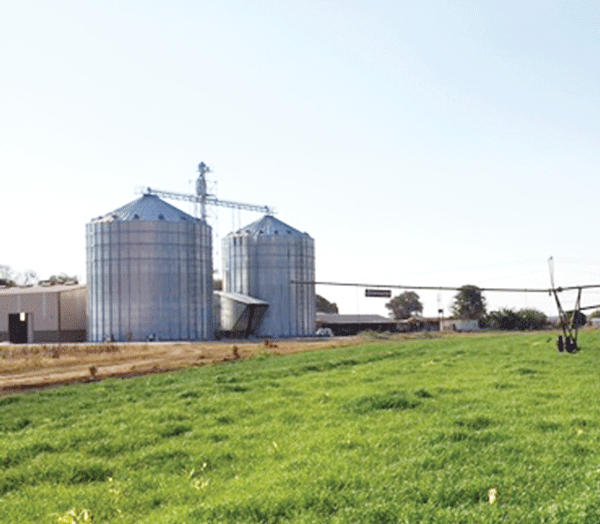
Meatco invests in Growth at Home

Ministry of Trade and Industry Calle Schlettwein among the first to purchase the Meatma products at the Meatco headquarters. (Photograph by Freeman Ngulu)
Meatco Chief Executive Officer, Advocate Vekuii Rukoro announced at the launch that the 100% Namibian product will be exported to the wider African market.
“We are currently in negotiations to make Meatma available in various retail outlets to increase our footprint across the country,” he said
The product brand includes some variety of braaiwors’ such as babalas, canned viennas, beef patties, Choice economy burgers, hind-quarter leg, club steak and many more. Selling at N$4.00 per kilogram to meet growing demand for protein. A Meatma reward card allows for consumers to earn points for discount on future purchases.
Rukoro said at the launch that the move makes business sense especially towards the addition of value to its products and also contributing to the Ministry of Trade and Industries Growth at Home Strategy.
“We are adding value locally, with Namibian Skills and providing an affordable protein outlet to the Namibian Nation. Which would not be possible without the support of both the Ministry of Agriculture, Water and Forestry and the Ministry of Trade and Industry,.” Rukoro said. Minister of Trade and Industry Calle Schlettwein said at the launch that Namibia can no longer rely on the exportation of raw materials such as beef in bulk and slaughter ready cattle on hoof to foreign markets.
He said that, “To optimize economic gains from red meat sector a more sophisticated value chain need to be developed.”
The trade minister stressed that the Growth at Home Strategy is working towards commodity-based industrialization in encouraging increased manufacturing, and levering linkages between the various sectors of the economy in improving the social welfare of people and for SADC and Africa intra trade. He noted that the agro-processing sector is of crucial importance, yet faces many challenges such as the placing of local products on store shelves which compete with imported products. Schlettwein said, “It is thus essential that we continue to link agricultural production ever more closer to agro-processing and manufacturing in all its forms and this new development is a shinning example.”











































